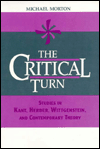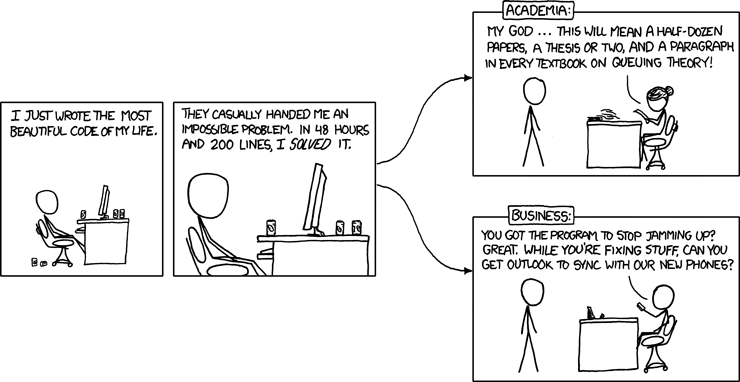The proceedings from the COUNTER workshop “Mashing-up Culture The Rise of User-generated Content” are available for download. The workshop was a blast with lots of interesting people and the proceedings are well worth downloading and reading. They include:
- Copyright and Its Limits in the Age of User-generated Content by Niva Elkin-Koren
- CDPT Mash-up 360. A Cauldron of Creativity: Outcomes from the University of Portsmouth Event by Trudy Barber, Hilary Cooke, Ed Woodroffe
- From Copyright to Copyleft and from Copyleft to Copywrong or “If Hitler Had Been a Hippy How Happy Would We Be? by Marina P. Markellou
- User-generated Contents and Urban Middle Class by Ashutosh Potdar
- If You Build It, They Won’t Come: Placing User-generated Content in Context of Commercial Copyright Policy by Andres Guadamuz
- Public Policy: Mashing-up Technology and Law by Puneet Kishor, Oshani Seneviratne
- The Copyright Dispute: A Transnational Regulatory Struggle by Leonhard Dobusch, Sigrid Quack
- Revisiting the Role of Critical Reviews in Film Marketing by Finola Kerrigan, Cagri Yalkin
- Liability of Online Auction Sites for Infringing “User-generated Content”: Have IP Owners Lost the Battle But Not the War? by Christine Riefa
- User-generated Content and Intellectual Property Rights: Rules Governing an Internet Service Provider’s Liability in Europe and USA by Thanos K. Tsingos














